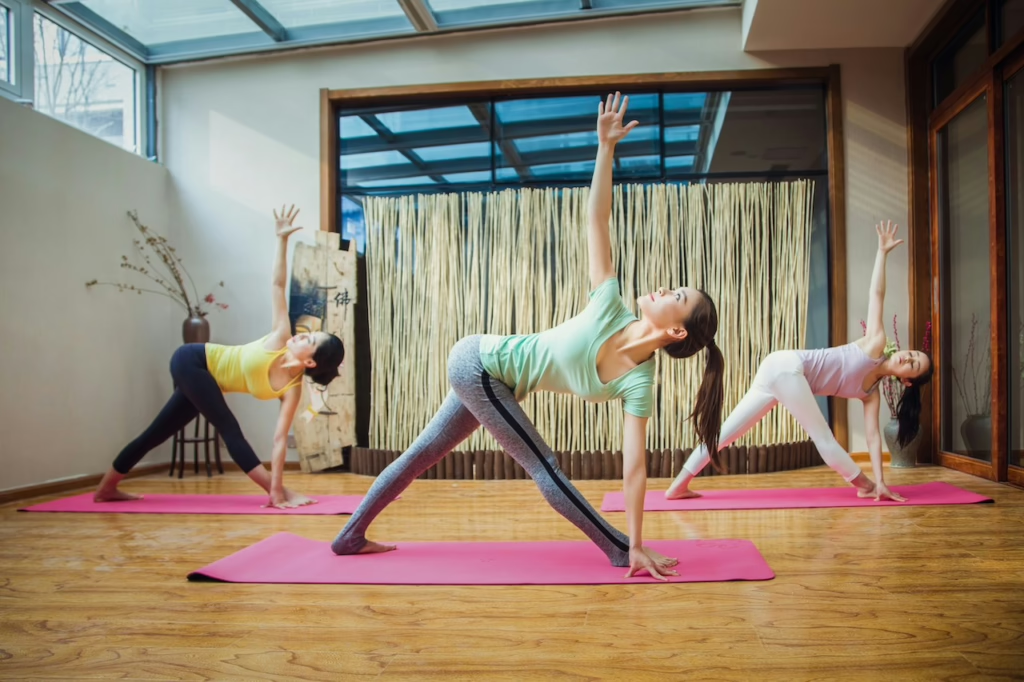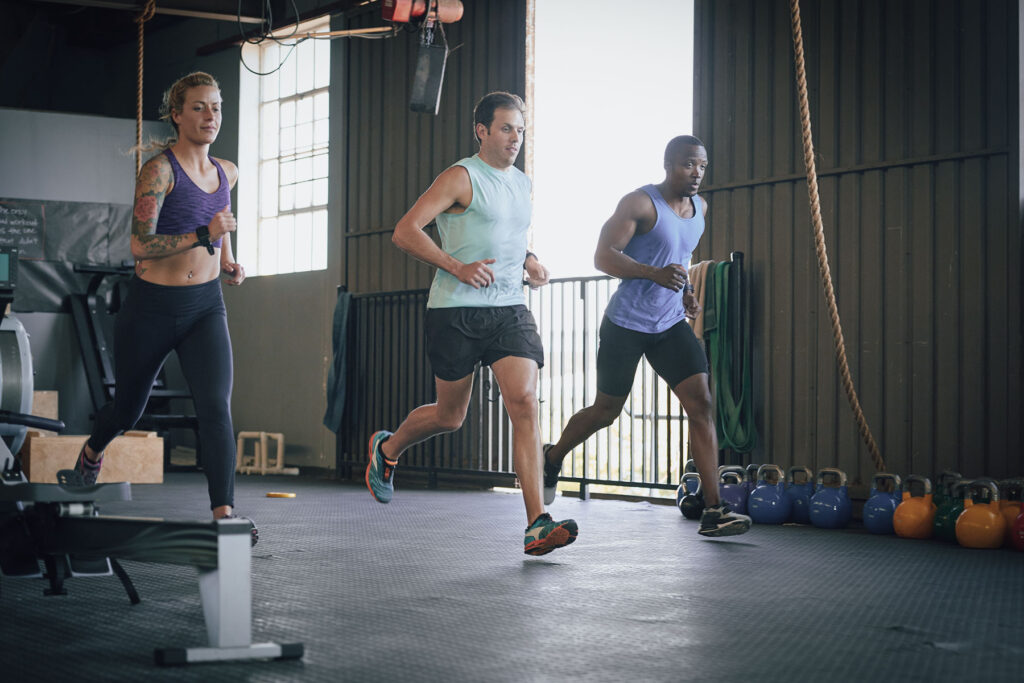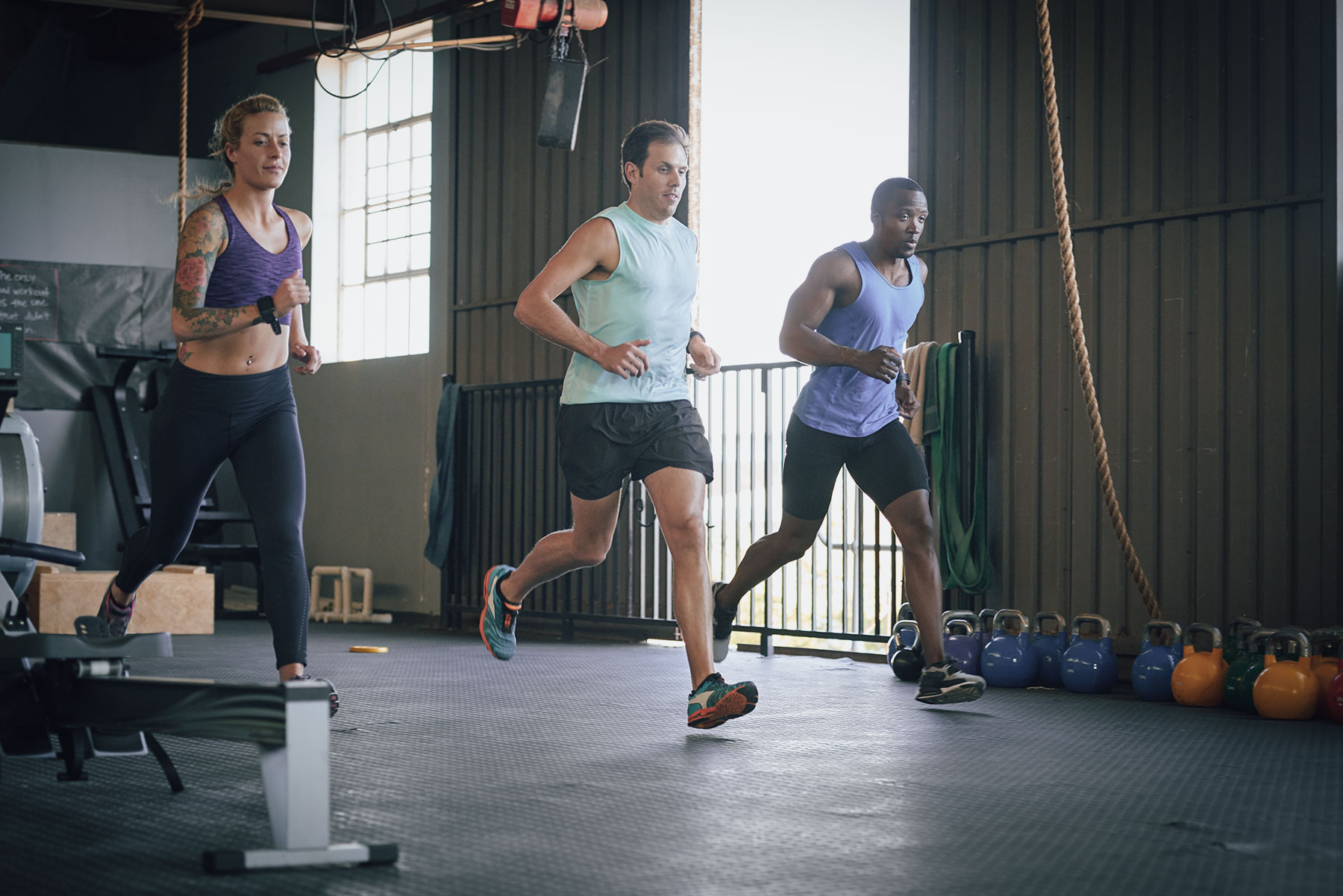The Interplay of Fitness, Longevity, and Quality of Life: An Evidence-Based Perspective
In the realm of health sciences, the profound impact of regular physical activity on extending lifespan and enhancing quality of life is well-documented.
This article delves into the intricate relationship between fitness, longevity, and overall well-being, supported by empirical evidence and insights from leading experts in the field.
Fitness and Longevity: Quantifying the Benefits
Engaging in consistent physical activity has been shown to significantly reduce the risk of mortality. A comprehensive study published in the Journal of Aging Research indicates that individuals who adhere to the recommended guidelines of 150 to 300 minutes of moderate-intensity exercise per week can increase their life expectancy by approximately 21%. Moreover, those who engage in physical activity two to four times above these recommendations may see an increase in life expectancy by up to 31%. Technogym
The type of exercise also plays a crucial role. Both aerobic activities, such as running and cycling, and strength training exercises contribute to longevity. Combining these forms of exercise offers the most substantial benefits, as they provide distinct and complementary health advantages.
American College of Sports Medicine
Enhancing Quality of Life Through Physical Activity
Beyond extending lifespan, regular exercise profoundly influences the quality of life. Research indicates that physically active individuals experience improved mental well-being, increased vitality, and better overall health. A meta-analysis focusing on older adults found that exercise programs led to significant enhancements in health-related quality of life, particularly in domains such as physical functioning and vitality. PubMed Central

Specific forms of physical activity, including yoga and Pilates, have been associated with improvements in mental health and emotional well-being. These activities not only enhance physical strength and flexibility but also promote mental clarity and stress reduction, contributing to a more balanced and fulfilling life. PubMed Central
Expert Insights on Fitness and Well-Being
Prominent figures in the fitness industry emphasize the holistic benefits of regular physical activity. Dr. Kenneth H. Cooper, often referred to as the “father of aerobics,” asserts, “The reason I exercise is for the quality of life I enjoy.” This sentiment underscores the intrinsic link between regular exercise and an enhanced life experience.
Similarly, renowned fitness expert Jillian Michaels highlights the foundational role of fitness in achieving a happier life:
“I’ve always believed fitness is an entry point to help you build that happier, healthier life.”
Her perspective aligns with the notion that physical health serves as a cornerstone for overall well-being.
Wellbeing at George Mason University
Conclusion
The convergence of scientific research and expert opinion presents a compelling case for the integration of regular physical activity into daily life. Engaging in consistent exercise not only extends lifespan but also enriches the quality of life, fostering both physical health and mental well-being. As the evidence suggests, making fitness a priority is a pivotal step toward achieving a longer, healthier, and more fulfilling life.
References:
Zubala, A., et al. (2017). “Promotion of physical activity interventions for community dwelling older adults: A systematic review of reviews.” PLOS ONE, 12(7), e0180902. PubMed Central
“Every hour of exercise buys you up to three hours of life.” Technogym. Technogym
“Technogym Q&A | Physical Activity as Pillar of Healthy Longevity.” ACSM. American College of Sports Medicine
“Famous Quotes on Fitness and Well-Being.” George Mason University. Wellbeing at George Mason University
Note: This article is intended for educational purposes and should not replace professional medical advice. Consult with healthcare providers for personalized recommendations.



